Audio Engineering 1 Quiz 2
1/39
Earn XP
Description and Tags
Name | Mastery | Learn | Test | Matching | Spaced |
|---|
No study sessions yet.
40 Terms
What is a microphone?
A microphone is a transducer that converts acoustic pressure variations within the audible frequency range to variations in electrical energy, which flows as current into processing devices.
What 3 Main things do we use to classify microphones?
- Engine types
- Polar patterns
- Form factors
What are the 4 engine types in microphones?
- Dynamic
- Ribbon
- Condenser
- Piezoelectric/body mic
What is a transient?
a short burst of energy that you hear at the start of a sound
What is one advantage of Dynamic Microphones?
durability
What are lavalier mics used for?
bodymics
allow for movement while recording.
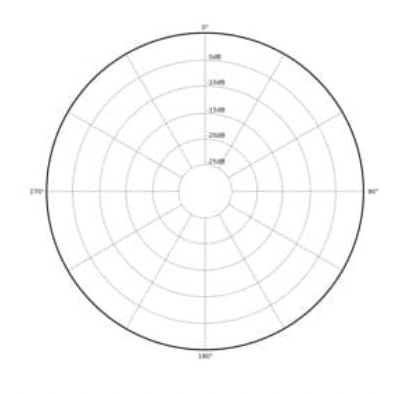
Omnidirectional
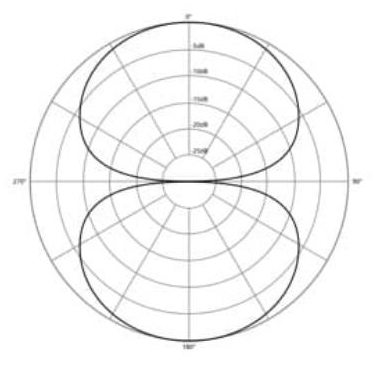
Bidirectional
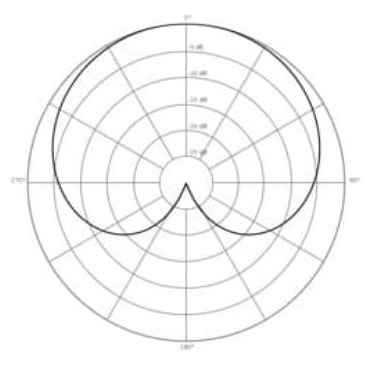
Subcardioid
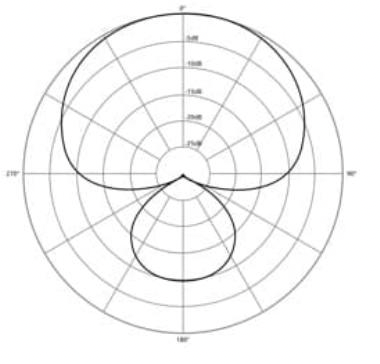
Hypercardioid
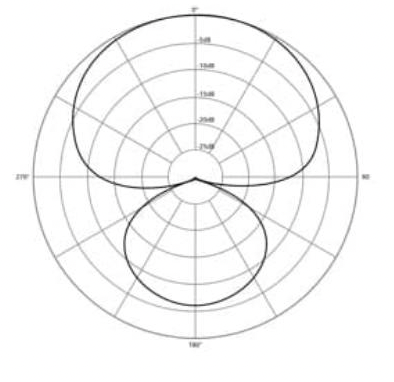
Supercardioid
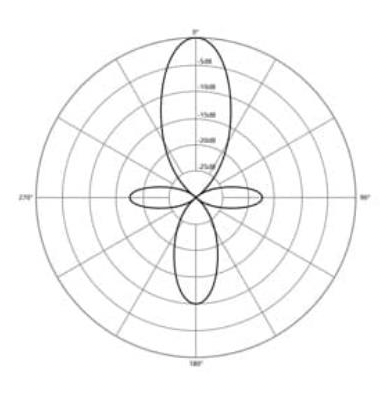
Shotgun
What is a good way to use a ribbon microphone?
recording jazz vocals, due to their warm and buttery tone
What questions do you need to ask when selecting a microphone?
What/who will I be recording?
At what volumes will I be recording them?
Where will they be placed?
Will there be multiple performers?
Is there a risk of the microphone getting knocked over or damaged?
What is a wireless microphone?
a type of microphone system that connects to a portable radio transmitter.
transmitter sends a signal to a receiver, wired signal is outputted to a sound system.
What are the four components of a wireless mic system?
- Microphone / transducer
- Transmitter
- Antennae
- Reciever
What are the three main types of wireless microphones?
- Handheld
- Lavalier / beltpack
- Plug-end
What is companding?
a process where a signal from a wireless mic is compressed in transmission
creates a less dynamic sound
reexpanded to recreate the more dynamic audio signal.
It trades dynamic response for complete mobility of signal.
How does a wireless mic transmit its signal to a receiver
Wireless mics transmit their signals to receivers through FM
Signal is combined with a carrier wave above the range of human hearing in the radio frequency range.
Combined signal is sent by the transmitter and picked up by the receiver
The radio frequency signal is removed.
What are the 3 main antenna types?
- Omnidirectional / whips
- Log periodic / paddles
- Helical / Dish
Give 3 questions to ask ourselves when considering using wireless microphones
- Are wireless mics actually needed?
- How will the mics be mounted?
- Where will antennae be placed for coverage?
What is a balanced analog cable?
A balanced analog cable has three wires (ground, hot, neutral,)
which send an inversion of the hot signal on the neutral wire, and reverses it again at the site of termination.
What is an unbalanced analog cable?
An unbalanced analog cable has two wire cables, with one wire carrying signal and one serving as the electrical return path for the backflow current
Is a TS cable balanced or unbalanced?
A TS cable is unbalanced.
How many audio signals can an NL4 carry?
2 signals
Why don’t we use banana plugs?
it easily comes out of the jack and isn’t study.
What is the correct wiring for the pins of an XLR in the USA?
XLRs use balanced wiring, three wires.
Pin 2 is hot lead, and pin 3 is reversed polarity.
Can we use XLR for sending digital signal? If so, what languages?
Yes
AES/EBU and SP/DIF.
What is the proper impedance for a BNC Cable connected to an antenna? What is the proper impedance for a BNC cable sending Digital Audio Signal?
Connected to an antenna, 50 Ohms.
Digital Audio Signal, 70 Ohms.
If MIDI doesn’t send audio signal, what is it used for?
firing cues and control signals for multiple events at once.
live show control industry
What is a playback device?
A playback device is a device that records audio files and is used to play them back on cue during a production.
What is a playback system?
A playback system is a system within the sound system that’s made up of the playback deivce and controllers, interfaces, and other devices.
What are two benefits to using uncompressed files?
uncompressed files allow higher quality pre recorded audio files to retain their original quality
uncompressed files can be played without decompressing the files, which allows for no delay upon pressing a GO button during a show for a cue.
What are the two uncompressed file types we generally use in audio engineering?
.wav
.aiff
When shouldn’t we use uncompressed files?
when their large size could provide difficulties during sending, saving, loading over different devices not connected through a hard wire.
What is a compressed file?
file format that has sacrificed audio quality to create a smaller file size.
What is the highest quality .mp3 file’s kbps?
320 kbps
What is a Protocol?
a set of rules that outlines how connected devices communicate across a network to exchange information easily and safely.
How many discrete audio channels can dante protocol send over one network cable?
64 channels over 1 network cable
Why is redundancy important in a working playback system?
it allows for a design system backup to be running in the background to prevent any failure with the original system during a show.